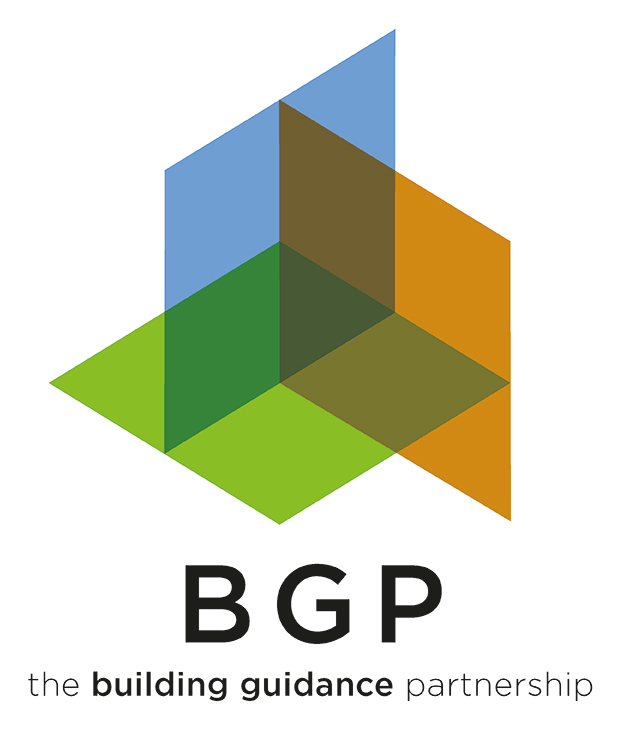Planning Laws, Applications, Planning Appeals & Representations
overview of our service
Trusted
Experienced
Collaborative
frequently asked questions
Do I always need planning permission for my project?
Not always. Some projects fall under permitted development, which allows certain improvements without needing full planning permission. We will assess whether your project qualifies and guide you through any required formalities.
What happens if my planning application is rejected?
If your application is rejected, we will help you take the next steps. This might involve submitting a new application, liaising with the Local Authority planning officer, or appealing the decision by preparing and submitting representations to the Secretary of State.
Can you help with planning appeals?
Yes, we can assist with the entire appeal process. We’ll review the reasons for rejection, prepare the necessary paperwork, and submit representations to the Secretary of State if required. We’ll also explore other options that may help your project succeed.
What is permitted development, and how do I know if my project qualifies?
Permitted development refers to certain types of projects that can be carried out without needing full planning permission. We’ll help you determine whether your project qualifies and guide you through the requirements for permitted development.
Can you help with objections or representations regarding a neighbouring property?
Yes, if you wish to support or object to a neighbouring property’s planning application, we provide expert guidance on how to submit effective representations, ensuring your voice is heard in the planning process. If there is an unreasonable local development, it could potentially affect the value of your property. We help you navigate the process and articulate your concerns in a way that maximises the chances of a positive outcome.
Do I need a planning consultant for my project?
In some cases, involving a planning consultant may be necessary, particularly for more complex projects or when dealing with listed buildings or conservation areas. We will advise you if a planning consultant is needed and help you liaise with them.
What are the common reasons planning applications get rejected?
Common reasons include non-compliance with local planning policies, impact on neighbouring properties, issues with design or scale, and lack of consideration for conservation or listed building restrictions. We will work with you to avoid these pitfalls in your application.
How long does the planning application process take?
The planning application process typically takes about 8-12 weeks, depending on the complexity of the project and the Local Authority’s workload. More recently (2023/2024) applications have taken much longer. If an appeal is necessary, this can extend the timeline further.

